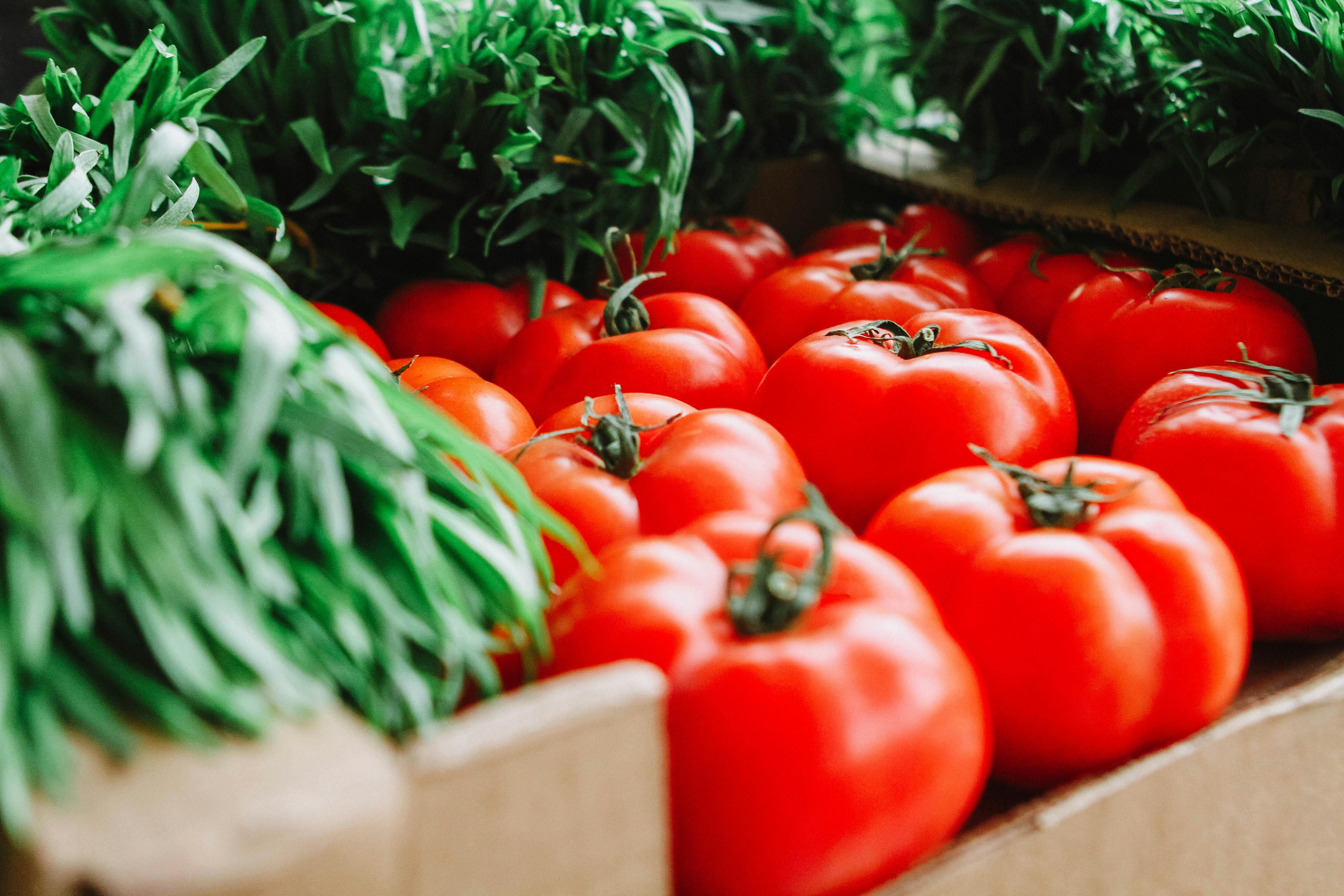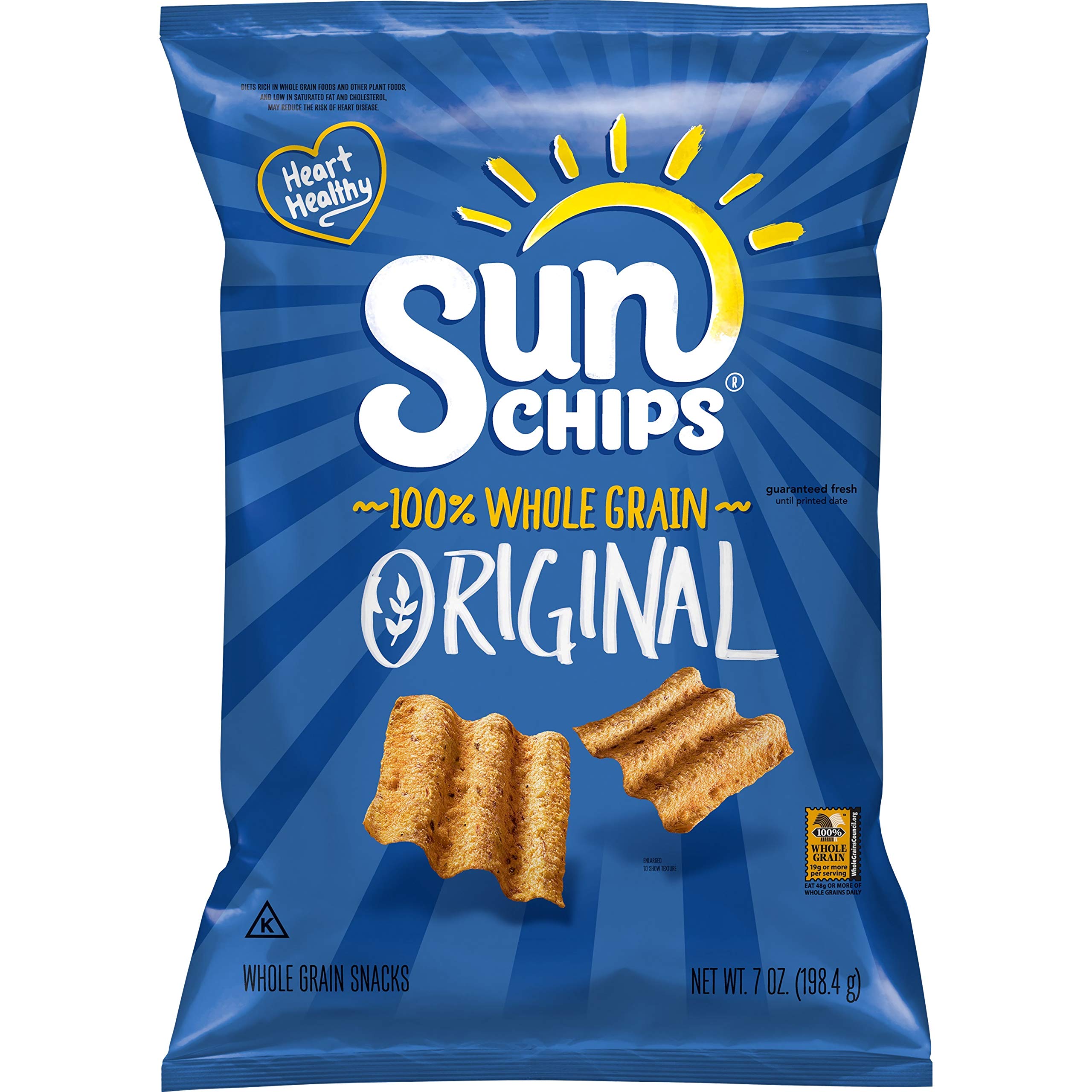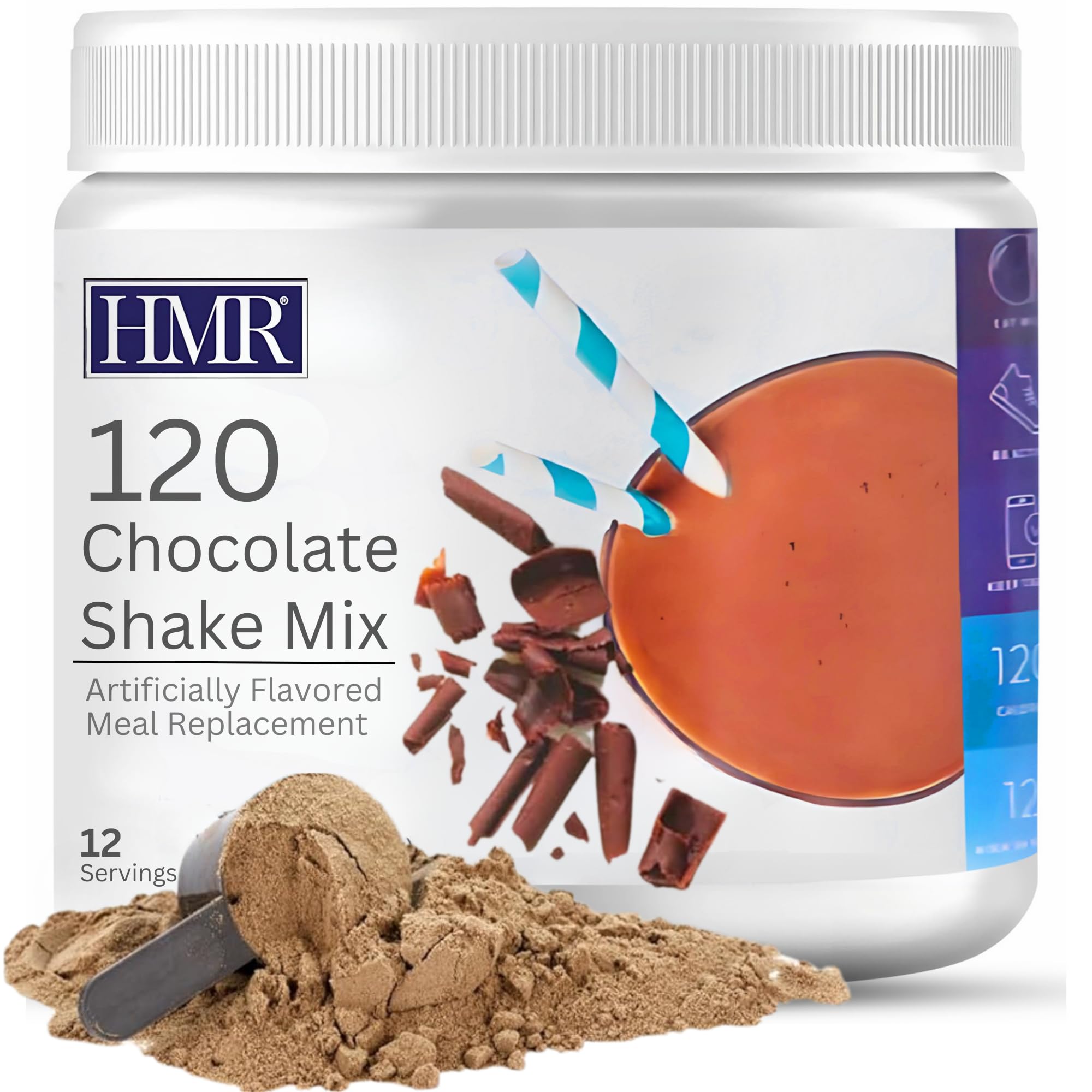Effective Ways to Enhance Your Dental Soft Diet Food List in 2025

Effective Ways to Enhance Your Dental Soft Diet Food List in 2025
As we move into 2025, enhancing your dental soft diet food list is essential for promoting recovery and maintaining dental health. People undergoing dental procedures or dealing with ongoing dental issues often struggle with food texture, requiring modifications to ensure meals are both enjoyable and nutritious. In this article, we will explore a comprehensive guide to soft foods suitable for dental patients, focusing on nutrition, ease of preparation, and meal planning. Properly adapting your diet can significantly impact your healing process, making it crucial to incorporate foods that are gentle on teeth and easy to digest. Here’s what you need to know, along with practical meal ideas and nutritional insights.
The following sections will cover various categories of soft foods, culinary methods, tips for smooth textures, and tasty recipes that encourage dental health recovery, ensuring you have a wide range of options at hand. By the end of this guide, you will be equipped with valuable information to help refine your dental diet plan.
Essential Soft Foods for Your Dental Diet
Building an effective dental soft diet requires understanding the fundamentals of what constitutes soft foods. These foods should be easy to chew, minimally abrasive, and packed with nutrients. They can include a variety of textures ranging from pureed items to soft solids that do not irritate dental work or sensitive gums.
Top Soft Protein Sources
Protein is vital for healing, especially after dental surgery. Incorporating soft protein sources means you’ll be able to maintain muscle mass and support tissue repair. Consider adding options such as:
- Soft tofu – A versatile ingredient that can be blended into smoothies or added to soups.
- Fish – Delicate varieties like salmon or cod can be baked until flaky, allowing for easy chewing.
- Eggs – Scrambled or poached, eggs are soft and full of nutrients, making them an ideal choice.
These options are gentle on the teeth while providing essential amino acids necessary for recovery.
Soft Fruits and Vegetables for Recovery
Fruits and vegetables are fundamental to any soft diet due to their vitamins, minerals, and fiber content. When selecting fruits and vegetables, aim for those that are soft or can be easily mashed. Examples include:
- Bananas – Naturally soft and great for blending into smoothies.
- Avocado – Packed with healthy fats and easy to mash, helping to meet caloric needs.
- Mashed potatoes – A comforting soft vegetable option that's both filling and suitable for recovery.
Engaging various textures in your soft foods increases your dietary options while promoting dental health.
Nutritious Soft Snacks for Teeth
Snacking doesn’t have to be off the table on a soft diet. Incorporating soft snacks can help you maintain energy levels throughout the day while ensuring you adhere to your dental-friendly guidelines. Consider the following:
- Yogurt – A great source of calcium and probiotics, making it ideal for dental health.
- Applesauce – Offers the sweetness of fruit without the texture that could hurt sensitive gums.
- Cottage cheese – Soft and easy to digest, it can be enjoyed plain or flavored with fruits.
These snacks help keep you nourished while being gentle on your dental recovery process.
Meal Planning for Dental Recovery
Effective meal planning is crucial for maintaining a balanced diet while healing from dental procedures. Setting up a structured meal plan allows you to ensure adequate nutrition without sacrificing taste. Incorporating a variety of soft foods into your daily routine can make all the difference.
Creating a Balanced Soft Meal Menu
When planning meals, balance is key. Ensure your soft diet includes proteins, healthy fats, carbohydrates, and plenty of vitamins. Sample meal ideas could include:
- Breakfast: Oatmeal topped with mashed bananas and a sprinkle of cinnamon.
- Lunch: Creamy vegetable soup with pureed carrots, potatoes, and a splash of cream for richness.
- Dinner: Baked fish with a side of mashed sweet potatoes.
This variety ensures you are receiving the nutrients necessary for healing while also keeping your meals interesting.
Soft Diet Recipe Ideas
Experimenting in the kitchen with soft food options can keep your diet enjoyable. Here are a few simple recipes to try:
- Smoothies: Blend yogurt, soft fruits, and spinach for a nutrient-packed drink that’s easy to consume.
- Pureed soups: Cook and blend a mix of vegetables for a comforting, nutrient-rich option.
- Mashed beans: Mash cooked beans with seasonings for a healthy side dish that provides protein.
Creative recipes will not only aid in hydration and nourishment but also help to prevent boredom from repetitive meals.
Important Nutritional Considerations for Soft Diets
While the focus on food types is vital, understanding the nutritional value is equally important. Soft foods should not only be easy to chew but also designed to provide the nutrients necessary for recovery.
Understanding Nutrients in Soft Foods
Here’s how to ensure you're maximizing the benefits of your dental diet:
- Calcium: Essential for strong teeth and bones. Opt for soft dairy products like yogurt.
- Protein: Important for tissue repair; include eggs and soft meats in your diet.
- Vitamins C and D: Support healing; consumption of citrus fruits in soft forms can enhance your intake.
Understanding the role of these nutrients can support your efforts in adhering to a dental-friendly diet.
Food Safety for Soft Diets
Finally, it’s crucial to consider food safety while preparing soft foods. Avoid cross-contamination and ensure food is prepared in hygienic conditions to prevent any additional health issues during recovery.
Gently soaking, steaming, or baking are preferred cooking methods that also preserve the nutritional profile of the foods. Always ensure that all ingredients are soft enough to be easily managed based on personal dental health needs.
Q&A Section: Common Questions About Soft Diets
What are the best foods to eat after dental surgery?
After dental surgery, it's essential to focus on soft foods that require minimal chewing. Foods like yogurt, smoothies, mashed potatoes, and soups are excellent choices. These foods provide necessary nutrients while being gentle on your recovery.
How long should I stay on a soft food diet?
Typically, a soft food diet is recommended for the first few days to two weeks following dental surgery, depending on your recovery progress. Always consult with your dentist to determine the right timeline.
Can I make adjustments to my soft diet?
Absolutely! It’s important to listen to your body and adjust your diet according to how you feel. Ensure that all options remain soft and easy to chew.
What are some nutritious snacks for a soft diet?
Nutritious snacks for a soft diet include yogurt, applesauce, smoothies, and soft cheeses. These are easy on the teeth while providing excellent nutrition.
How can I enhance the flavor of soft foods?
Enhancing the flavor of soft foods can be done using spices, herbs, and other seasonings; however, be cautious with potentially abrasive ingredients. Creamy sauces or pureed dips can also add flavor without compromising texture.

